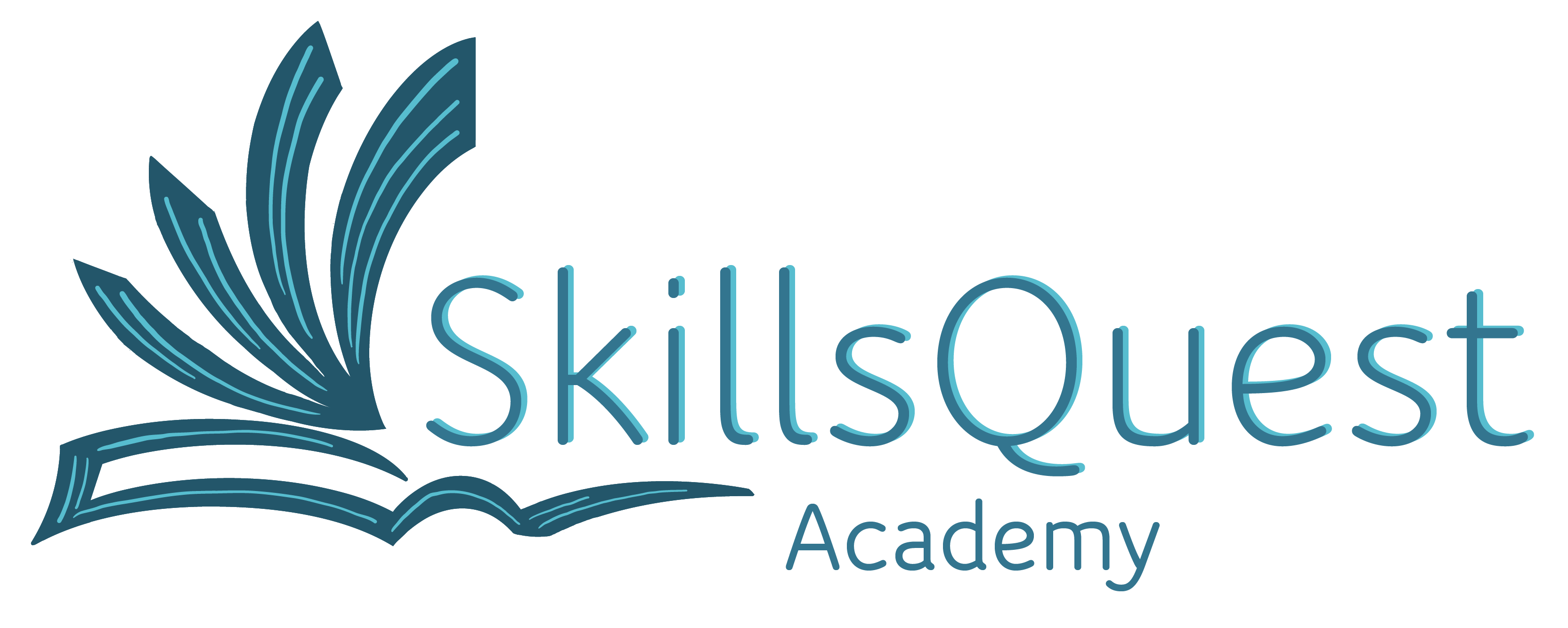Human Resources Short Course
This course is designed for individuals seeking to enhance their understanding of Human Resource (HR) issues, whether they are currently working in HR, aspire to work in related professions, or wish to expand their existing knowledge base.
The objective of this online course in Human Resources is to provide learners with a comprehensive grounding in the key subjects underlying the practice of Human Resource Management (HRM). Through engaging and interactive modules, participants will gain insights into the principles and applications of HR, enabling them to apply their knowledge and skills to real-world scenarios.
By completing this course, learners will be equipped with the tools and expertise necessary to excel in their current or future roles, supporting their organisations in attracting, retaining, and developing a high-performing workforce.
This course is thoughtfully structured into ten manageable units, each exploring key aspects of the field.
Human Resources Short Course Diploma Entry Requirements:
All students must be 16 years of age and above to enter into our Human Resources Short Course Diploma (Level 3).
Short Course Diploma courses require a minimum prior learning to GCSE standard in order that students can manage their studies and the assumed knowledge within course content.
Study Hours
200 hours in total. Or 20 hours per week over 10 weeks.
Assessment
Written assessment at the end of each unit of study.
Enrolment
Please note that you can enrol on this course at any time.
Progression
This Human Resources Short Course Diploma can be used to gain entry to a Level 4 Diploma or higher.
Course Content
Unit 1: Introduction to Human Resource Management (HRM)
The first module of the diploma will introduce the concept of Human Resource Management (HRM). We will delve into the distinctions between HRM and Personnel Management, tracing the evolution of HRM from its early development to the present day.
In this module, we will:
- Explore the concept of HRM and its historical development
- Discuss the two main schools of thought in HRM and identify the differences between them
- Provide a brief overview of HRM in the European context
Unit 2: The modern HRM environment
In the second module of the diploma, we will explore the current environment in which Human Resource Management (HRM) operates.
We will consider a range of factors, including:
- The impact of globalisation on HRM
- Recent developments in the public sector and their implications for HRM
- Trends in the labour market and their relevance to HRM
- The role of vocational training and education in HRM
By the end of this module, you will have gained a solid understanding of the context in which HRM functions today and its significance in the globalised world.
Unit 3: The contract of employment
In the third module of this diploma, we will delve into the significance of the employment contract in Human Resource Management (HRM). Often overlooked in HRM courses, this module provides a comprehensive examination of the employment contract, including:
- The nature of the employment contract and its role in HRM
- The importance of establishing the employment status of the worker
- Various criteria used to determine employment status
- The influence of European law on employment contracts
The module also features case-based exercises that enable learners to test their understanding and apply their knowledge as they progress through the course.
Unit 4: Contents of the contract of employment
In the fourth module of this course, we will delve into the specific contents and terms of the employment contract. Building upon the previous module’s examination of the contract’s role and importance, this module will explore:
- The mutual duties and obligations of the employer and employee
- Distinctions between different types of contractual terms, such as express and implied terms
- The concept of vicarious liability and its implications for employers
By the end of this module, learners will have gained a comprehensive understanding of the contents and terms of employment contracts, enabling them to effectively manage and navigate this critical aspect of Human Resource Management (HRM) in their professional roles.
Unit 5: Termination of the contract of employment
In the fifth module of the diploma, we examine the various ways in which the employment contract can be terminated. We explore the concepts of dismissal and unfair dismissal, as well as other important aspects of contract termination, including:
- The key considerations surrounding redundancy and its impact on the employment relationship
- The concept of frustration and its implications for contract termination
- A common law perspective on dismissal and its legal implications
By the end of this module, learners will have gained a thorough understanding of the various routes to contract termination and the legal and practical considerations surrounding each route. This knowledge will equip them to effectively manage contract terminations in their roles as human resource professionals, ensuring compliance with relevant laws and regulations and minimising potential legal risks for their organisations.
Unit 6: Discrimination in Employment
In the sixth module of the diploma, explore discrimination in employment, covering traditional forms like racial and sexual discrimination, along with recent developments:
- Disability Discrimination: Implications for employers and employees.
- Discrimination based on sexual orientation: Impact on the workplace.
Placing these within the context of European and domestic law provides learners with a comprehensive understanding of the legal framework surrounding employment discrimination. This knowledge empowers HR professionals to navigate complex issues, ensuring compliance, and promoting diversity and inclusion within organisations.
Unit 7: Trade Union and Industrial Conflict
In the seventh module of the diploma, learners explore the role of trade unions and the impact of industrial conflict on human resources. Covering:
- Definition and representation of trade unions.
- Historical development and evolution of trade unions.
- Legal status, rights, and protections of trade unions under relevant laws.
- Overview of industrial conflict and its implications for human resource management.
This comprehensive understanding equips learners to navigate labour relations, resolve conflicts, and effectively manage industrial issues, promoting workplace harmony in their HR roles.
Unit 8: Motivational techniques
In the eighth module of the HR diploma course, explore motivational techniques for success in human resource management. Focus on behavioural scientific techniques, covering:
- Definition and significance of motivation in the workplace.
- Identification of barriers to motivation and strategies for overcoming them.
- Analysis of motivational theories (content and process).
- In-depth examination of leading motivational theorists and their contributions.
This understanding equips learners to design and implement effective motivational strategies, fostering an engaged workforce for improved performance and organisational success.
Unit 9: Key human resource processes
In the ninth HR diploma module, explore key processes for successful HR management:
- Recruitment and selection: Attract and identify the best candidates.
- Learning organisations: Foster continuous learning for growth and innovation.
- Performance management: Establish systems to monitor, evaluate, and promote improvement.
- Appraisal systems: Design systems to assess performance, offer feedback, and support career development.
This exploration provides a comprehensive understanding of HR’s role in supporting organisational success, enabling effective design, implementation, and management of processes for a high-performing workforce.
Unit 10: Corporate Social Responsibility and Business Ethics
Requirements
- All students must be 16 years of age and above to enter into our Human Resources Short Course Diploma (Level 3). Short Course Diploma courses require a minimum prior learning to GCSE standard in order that students can manage their studies and the assumed knowledge within course content.








